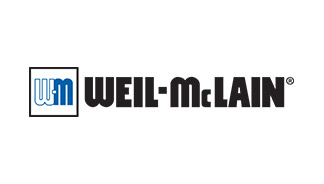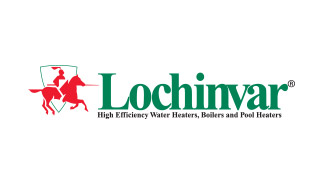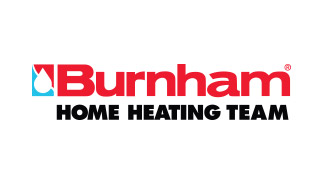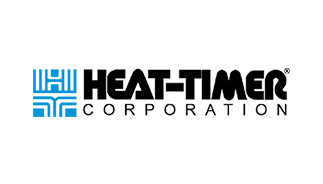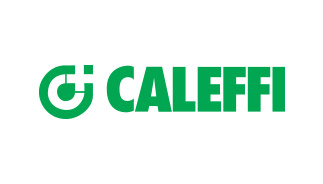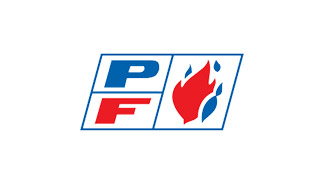Published on
May 23rd, 2024Why Is My Water Heater Leaking From the Overflow Pipe?
A leaking water heater is a serious problem for any NYC apartment building owner. But when the leak is coming from the overflow pipe, it’s a sign of potential danger. The overflow pipe is a safety feature designed to release water when the pressure or temperature inside the tank gets too high. Therefore, the question, “Why is my water heater leaking from the overflow pipe?” signals something is wrong with your system. Ignoring the problem can lead to scalding hazards, costly water damage, or even water heater failure. Discover the reasons for this type of leak and why professional help is crucial for a safe and lasting fix.
Top 5 Reasons Why Your Water Heater Is Leaking From the Overflow Pipe
1. Faulty Temperature and Pressure Relief Valve
The temperature and pressure relief, or T&P, valve is a critical safety component of your water heater. It acts like a pressure cooker release valve, opening when the water temperature or pressure inside the tank exceeds safe levels. This prevents potential tank ruptures and dangerous hot water surges.
Unfortunately, T&P valves are prone to failure and are often the reason for a leaking overflow pipe. Wear and tear, mineral buildup from hard water, or manufacturing defects can cause the valves to malfunction. A faulty valve may leak constantly or fail to open, creating noises and potentially hazardous situations.
Some building owners or maintenance staff may consider DIY T&P valve replacements, but this is a mistake. While the replacement is relatively straightforward for those with general plumbing knowledge and experience, the faulty valve may only be a symptom of a bigger problem. DIY installations also open the door to liability issues with potential legal ramifications. To avoid these problems, it is best to hire a licensed and experienced professional.
2. Excessive Water Pressure
A water heater leaking from an overflow pipe can also point to excessive water pressure. Ideally, water entering your building from the municipal supply line is within a safe, regulated range, ensuring plumbing fixtures work correctly without any undue stress. Unfortunately, water pressure can fluctuate, sometimes spiking beyond safe levels.
Some older properties may lack pressure-reducing valves or have malfunctioning valves. Without PRV valves, a property can experience consistently high water pressure.
Excessive pressure puts extra strain on your building’s water heater and components, like the T&P valve. The pressure can cause leaks from the overflow pipe and other areas in the plumbing network. Prolonged and excessive water pressure can cause premature wear and may result in burst pipes.
3. Thermal Expansion
Like most substances, water volume expands when heated in a process known as thermal expansion. In a water heater, the amount of expansion may seem small, but within the confined space of the tank, this small change equates to a significant increase in pressure.
Most older water heaters were closed systems, meaning they did not have a built-in mechanism to accommodate expansion and pressure changes. As the water heated, the pressure built with nowhere to go, putting extra stress on the tank and system parts. Modern water heaters typically include an expansion tank, which provides space for the expanding water while relieving pressure on the system.
A water heater leaking from an overflow pipe can occur in either system, although the problem is more common in older units that lack an expansion tank. Still, if a modern unit has a malfunctioning expansion tank, thermal expansion can cause a leaking overflow pipe, which can also result in premature failure.
4. Hidden Leak in the Tank
While malfunctions with the T&P valve or excessive pressure are common causes of overflow pipe leaks, sometimes the culprit is less obvious. Water heaters can develop hidden leaks, especially in older units or those deprived of regular maintenance.
Standard or traditional tank-style water heaters use anode rods to prevent corrosion in the tank and ensure longer lifespans. The rod is a sacrificial part made of magnesium, aluminum, or zinc-aluminum alloy. It attracts corrosive elements, drawing them away from tank walls. Depending on water quality and system specifics, these rods must be replaced every three to five years.
If a building owner does not have the rod replaced at recommended intervals, the corrosive elements it typically attracts will collect on the tank walls, causing corrosion. A corroded tank is prone to developing pinhole leaks, which may first show as leaks from an overflow pipe.
5. Incorrectly Installed Overflow Pipe
If your water heater is leaking from the overflow pipe, it can also stem from the incorrect installation of the pipe. While less common than other causes, poor installations can result in loose connections, incorrect routing, damage, and numerous other mistakes.
The overflow pipe typically connects to the T&P valve using threaded fittings. If these connections are loose or improperly sealed, even a properly functioning valve can cause leaking.
To drain correctly, the overflow pipe must route downward towards a safe exterior drain. If an installer angles the pipe incorrectly, it can cause a leak near the heater. Also, if the pipe becomes kinked along its route, it can impede water flow and cause leaks.
A professional from Calray Boilers can ensure the correct installation of overflow pipes and water heater systems. Working with a licensed plumber eliminates the risks of incorrect fittings, insufficient sealings, improper pipe routing, and potential property damage.
How Calray Boilers Can Help When Your Water Heater Is Leaking From the Overflow Pipe
Emergency Repairs and Annual Service Contracts
Why is your water heater leaking from the overflow pipe? There are several possible reasons, but they all point to a problem with your water heater that can worsen and result in costly damage and safety hazards. While you may be able to handle some issues temporarily in an emergency, always prioritize professional diagnosis and repair. Consider an annual service contract with Calray Boilers to reduce your risk of water heater problems. Our contracts include regular maintenance for anode rod checks and T&P valve inspections. If you’re facing a water heater issue, don’t hesitate to ask for help — call Calray Boilers at 212-722-5506.
